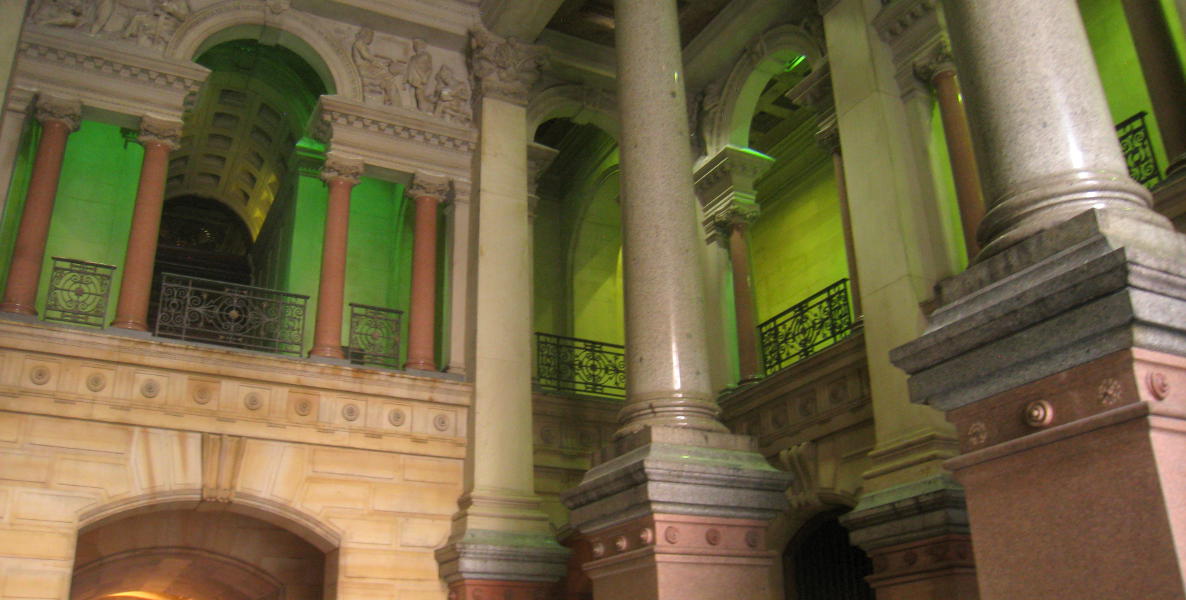Yesterday, The Inquirer ran a column by Chris Brennan taking to task the political action committee Philly 3.0, which last week was one of a dozen groups standing shoulder to shoulder with Committee of 70 in calling for the replacement of the elected city commissioners with a mayoral-appointed director of elections.
Brennan—who used to work for me at The Daily News, and whom I like and respect—came down on 3.0 for its “brazen hypocrisy,” explaining that the group, which seeks to improve City Council by infusing it with new blood, spent more than a half a million dollars in last year’s election and yet kept secret the sources of most of that money. 3.0 “uses a ‘dark money’ sleight of hand to hide its finances,” Brennan wrote, before asking: “Is this really the face of reform in Philly?”
On the face of it, Brennan would seem to have a point. A group of good government reformers who refuse to disclose where their money comes from? Only in Philly! But in Philly politics, where we’re always looking through the looking glass, nothing is ever quite as it seems. It’s actually more nuanced than that.
Brennan makes clear that what 3.0, a PAC and a 501(c)(4) nonprofit, does is perfectly legal. And he’s right to maintain that, in an ideal world and a functional democracy, those who work to influence government for the better ought to do so in the light of day. But Brennan is a sophisticated reporter. He knows that Philly is far from that idealized democracy. And that’s why, by drawing a false moral equivalency between a reform group and the political machine, his criticism is an unwitting endorsement of a corrupt status quo.
A group of good government reformers who refuse to disclose where their money comes from? Only in Philly! But in Philly politics, where we’re always looking through the looking glass, nothing is ever quite as it seems.
Why don’t those who contribute to 3.0 do so publicly? Because they saw what happened to those who did. When 3.0 first attracted attention a year and a half ago, it was reported that it was the doing of Joe and Rob Zuritsky, the parking magnates. After the group endorsed a slate of reform-minded challengers to Council incumbents last year and publicly made the case for term limits, the jobs-for-life political class reacted as if a political fatwa had been issued. For many on Council, the gig is as good as they’re ever going to get. You know the perks: the six figure salary, the car, the 23 weeks off. It’s a type of public welfare. Here came a group of local businessmen calling for common sense change. To the political machine, it was an existential threat.
Lo and behold, Council hit the parking industry with yet another tax increase—to a rate of 22.5 percent, a higher percentage than in Baltimore, New York, Chicago and Washington, D.C. This is not an argument for low parking taxes; there are actually good Urbanist reasons for taxing parking. No, it’s to point out what Brennan no doubt knows: The tax hike seemed like political payback, a message to those who would dare try to change the political landscape. No wonder so many of 3.0’s contributors have done so quietly. They’re fearful that their industries will be taxed, or their places of business will receive sudden visits from city inspectors, or their development projects will be nickel and dimed by the shame that is Councilmanic Prerogative.
As I’ve written before, I know a number of those who have contributed to 3.0 and have decided not to out them, lest I make it easier for the empire to strike back. I don’t want to be complicit in punishing those who are trying to do the right thing by being engaged citizens.
Brennan is right to be concerned about “dark money” in our politics. And he’s right to value transparency. But there is no moral equivalency between a reform-minded PAC and a political machine bent on maintaining power for power’s sake. In fact, transparency can make you a target in a backroom, one-party town with low voter turnout, as we’ve seen.
Photo header: Wikimedia Commons


